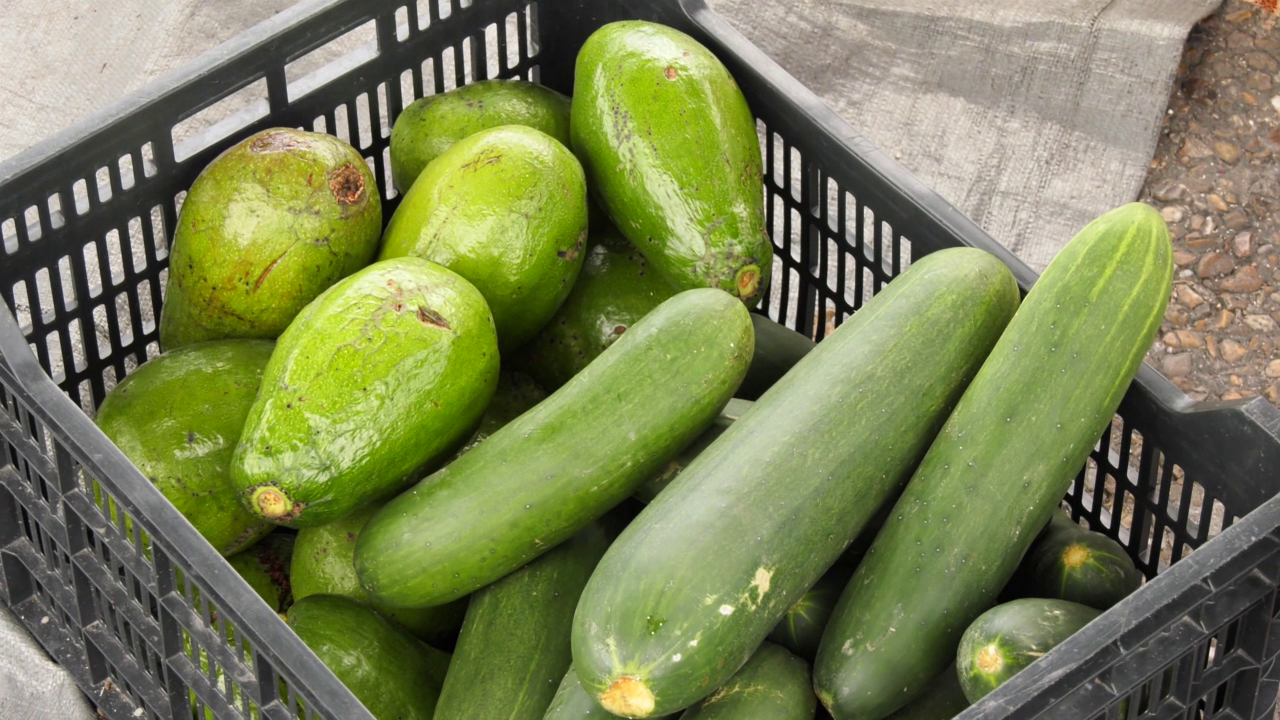Heavy rainfall has hit Belizeans in more ways than one. In Northen Belize, excessive rains have resulted in flooding not only in residential communities, but also in the agricultural sector. Several fields of crops have been destroyed or delayed production, resulting in scarcity and high price increases. Produce affected include items such as tomatoes, cilantro and peppers. News Five’s Britney Gordon visited the Michael Finnegan market today to learn how this has affected Belizeans.
Britney Gordon, Reporting
If you, like many other Belizeans, purchase your produce locally, then you would know that Tuesday is market day. From as early as five a.m., dozens of customers flock to the stands at their local markets to hunt for the best deals. These days, however, the search has become significantly more difficult, as the prices of fruits and vegetables skyrocketed within the past week. We spoke with Florita Tzib, a vendor for the past thirty-eight years at the Michael Finnegan Market, to find out how her business has been impacted by the change.
Britney Gordon
“You sell habanero, which is something that went up recently. How have you found customers react to this?”
Florita Tzib, Vendor
“I really have a lot of customers and my customers sometimes them tell us why the price is so high so I tell them we can’t explain to you because sometimes we bring our product and sometimes the product we bring, we sell it different price and sometimes when we buy we have to sell it expensive just like how we buy it because we have to make our profit. And sometimes when we ask the person that sell it if them could put down the price and they tell me no that is the price and that is the price and they no bring the price not at all. So, when my customers come and ask, I explain to them why the product is so expensive because we buy. And when I bring my things then I sell it different.”
Colin Gillett, Customer
“I buy tomato, cabbage, cilantro, the usual stuff and fruits that are in a season, but I don’t know if that’s due to the flooding, they make the items expensive, but my pay noh di go up. So if I think the item is too expensive for me, I just don’t buy it.”
Voice of: Jose Abelardo Mai, Minister of Agriculture
“At this time of the year, every year you have rainfall, you have fungus, you have bacteria. But this year, it is extremely hot and humid, and then excess rainfall one week after. So you have both extremes, and I’ve never seen it like this before. And that is what affected us, and now it’s an abrupt end of vegetables. You don’t see any vegetables. You see it last two weeks and now there’s none. And so it is very clear. It is very extremely strange, right? Not only to us in Belize, but even the Mexicans in the peninsula. But every year we have this type of problem, not as intense as this year. It’s expected that you will have a shortage of vegetables at this time of the year.”
To alleviate the severity of the issue, the ministry is currently working towards opening greenhouses across the country so that farmers will have an extra supply of produce when weather conditions damage their crops. Mai said that while this may not end a scarcity, it will minimize it.
“We have issued hundreds of greenhouses throughout the districts, and this is where climate smart agriculture comes in. You have an alternative to production out in open fields. You have no greenhouses. So the greenhouses are supposed to kick in now to have your cilantro, to have your hot peppers, your sweet peppers, and a few cabbages. You don’t have a lot like you have open production, open field production, but you’re still supposed to have a little to supply the market.”
Britney Gordon for News Five.
